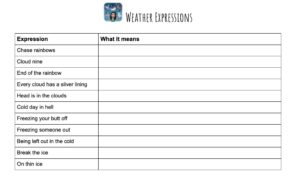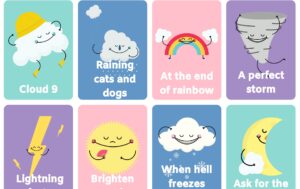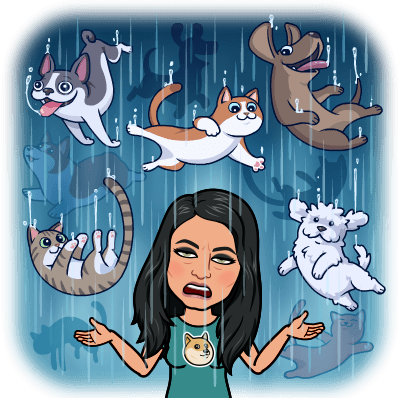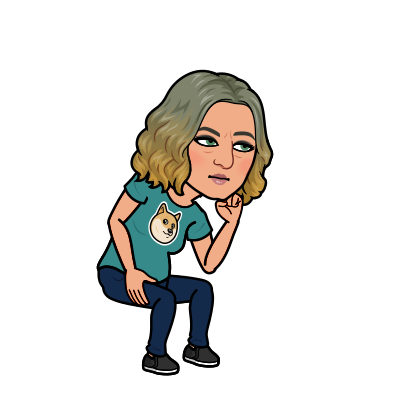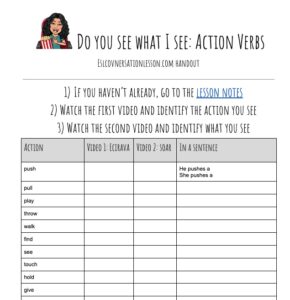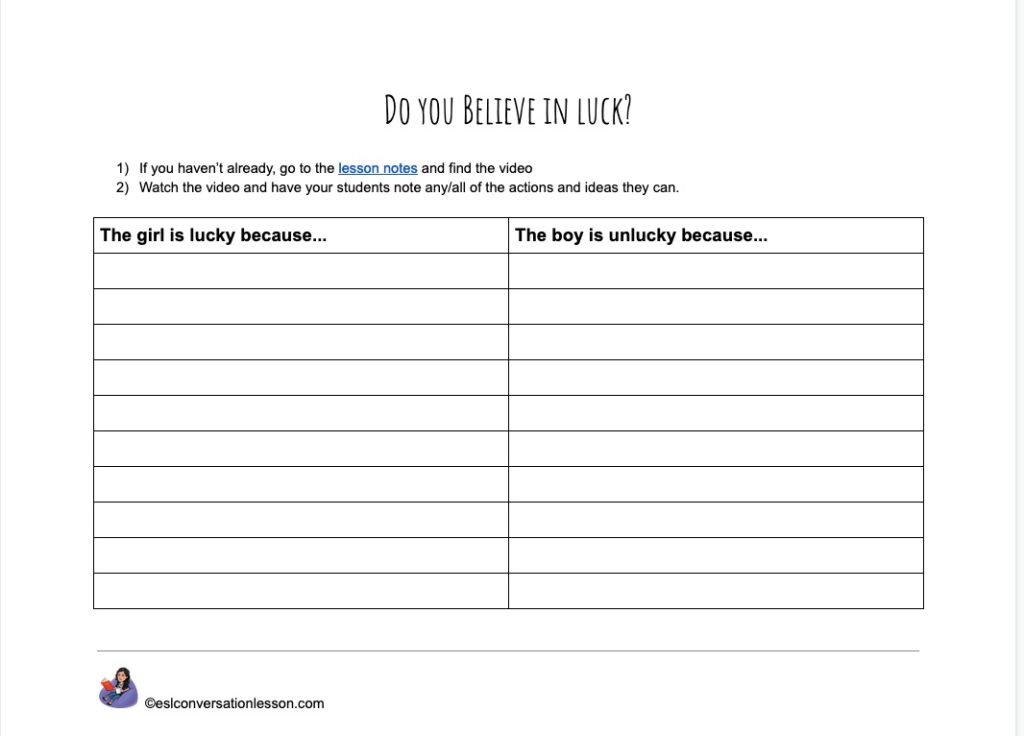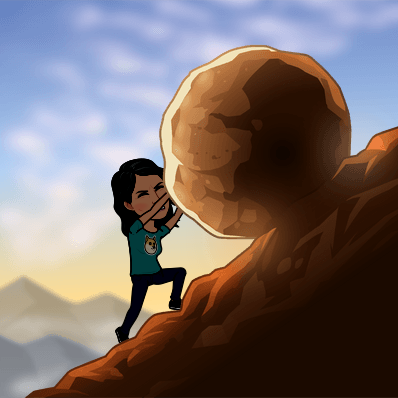I love talking about the weather. It is the easiest way to initiate a conversation with a stranger or acquaintance if you need to break the silence. Great for elevator rides, spontaneous waiting time and warm repartee.
It is also a ubiquitous element that can have multiple impacts on our lives. Indeed a rainy day, bright sun, or a snowstorm will change how we dress, the meals we eat, the activities we plan and perhaps how we get to work. Personally, I check the weather every morning because I take my bike to work–even in winter.
Moreover, I find weather phenomena fascinating. Tsunamis, earthquakes, tornadoes, nature has a way of reminding us who is really in control. Beautiful, powerful, terrifying the planet is a person. She breathes, she aches and she speaks. Are we listening?
This particular discussion lesson goes from general to scientific to silly. The objective is to elicit the vocabulary around a familiar topic and add a level of complexity with either the science behind weather or weather-related expressions. I just couldn’t choose, so I put everything.
Pre discussion
- What are the different types of weather or climate you can name?
- What affects the weather?
- How does the weather make you feel? When it rains, when it is sunny, when the snow falls…
- Do you use the weather forecast to plan activities?
- What activities do you do in spring, summer, fall and winter?
- What are the seasons like in your country?
Option 1: The Video: The Science of Weather
- Divide the video into 2 or 3 segments and do a Tell Back of the main themes and words
- How do meteorologists sort through information, identify trends, and make predictions?
- Why do they often get it wrong?
- Why is it important to predict the weather?
Option 2: Weather idioms
For this, I made a handout and some flashcards. They are on Teachers Pay Teachers TPT. Click to go see.